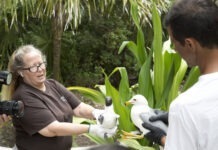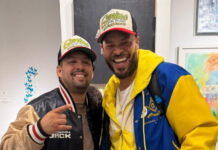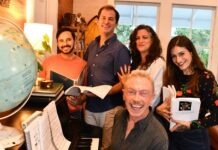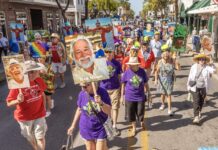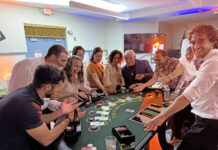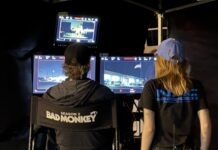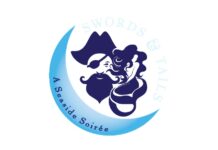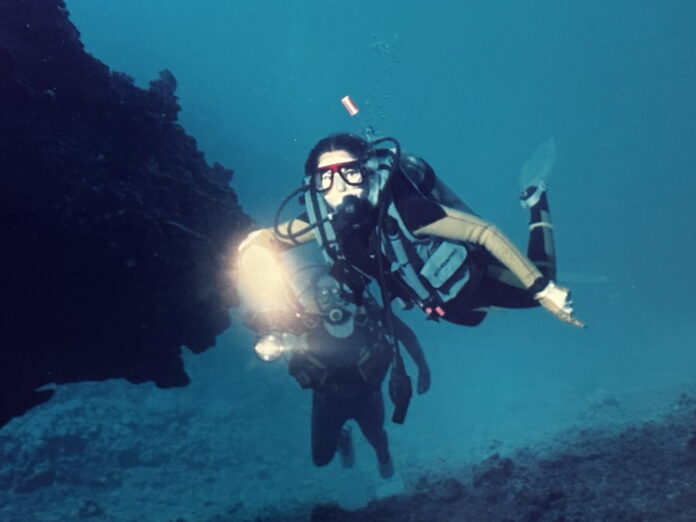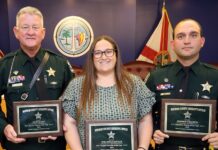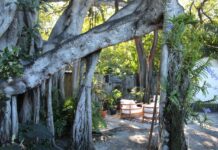When Patti Kirk Gross started scuba diving in 1981, the industry was very different. Women weren’t really present, connected, supported nor celebrated. Now, as president of the Women Divers Hall of Fame, she and other legendary women divers are offering 25 scholarships to ensure the future is more equitable.
Growing up, Gross always loved water. She was a lifeguard, swim teacher, competitive swimmer and water skier. She’d seen divers on TV, but never knew how to get there – underwater.
Then, the Nebraska native moved to Las Vegas, Nevada as an administrative law judge. She completed her open water course in Lake Mead and was hooked.
“I clearly remember the feeling of putting my face in the water at the swimming pool and taking that first breath underwater. It was magic,” she said exuberantly.
Obsession set in quickly, and her first dive trip altered the course of her entire life. “I had an office job, and on my first trip to the ocean [to dive], I saw people working for money on a dive boat,” she said. “I went back home, took the time to become an instructor with several specialties, and then took off for the Caribbean … I began a new life traveling throughout the oceans and have never looked back.”
Being an instructor gave her “the ability to change a person’s life” by giving them that same “aha” moment she’d had in the pool. She found her purpose and mission. “I felt like I now had a magical power, and it was so rewarding to share that magic,” she said.
While she insisted that she “certainly was not a global trailblazer like Lottie Hass, Dottie Frazier or Sylvia Earle,” Gross was the only female in all her dive classes, including her instructor course.
“I never gave that a thought, as it was just kind of that way at the time,” she said. “I guess I just didn’t know I was supposed to be intimidated by the others in class, mostly because I was more comfortable in the water and able to complete skills easier.”
She said, “Instinctively, I knew if I wanted something, I could have it.” She persisted and found a niche training others, something that remains near to her heart. Gross said, “The one thing I did best was write dive training modules. I took advantage of PADI allowing ‘specialty certifications.’ I’ve done this all my life.”
She got creative. One resort had kayaks and a mooring buoy about 300 yards from shore, so she taught herself how to get in/out of a kayak with dive gear on and wrote that specialty. During Coral Restoration Foundation’s (CRF) fledgling days, Gross recalls chipping in for boat gas. To fix the situation, she wrote a series of CRF coral restoration specialties so that “people could pay us to work.”
She’s also the dive safety officer for Force Blue, a nonprofit that redeploys combat veterans for marine conservation. Gross authored both CRF’s and Force Blue’s dive safety manuals and worked to certify both nonprofits as AAUS Operating Members with 10-year reciprocity with NOAA. This was no small feat and a legacy in the Keys she’s very proud of.
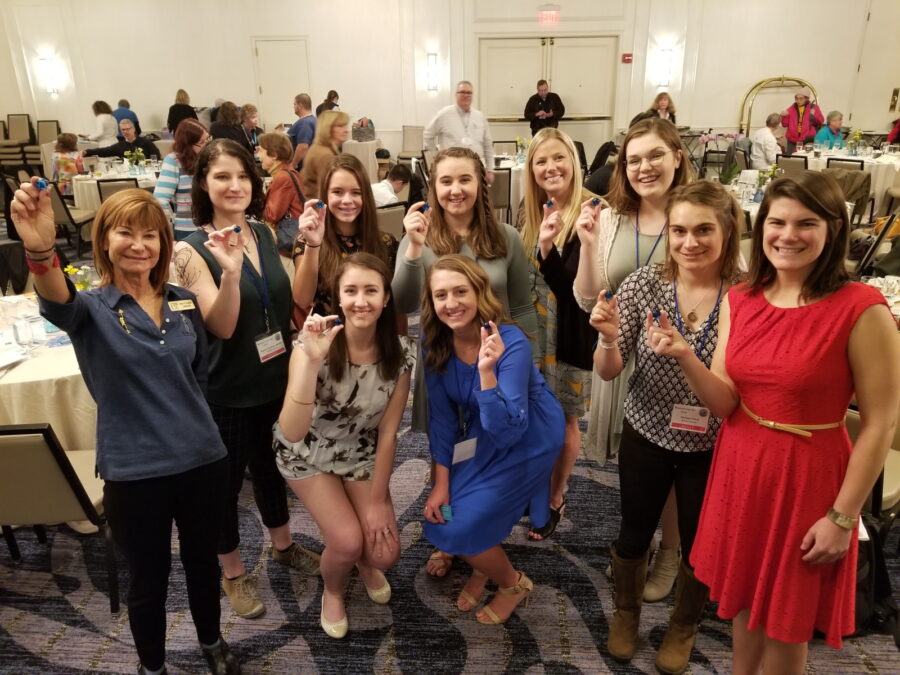





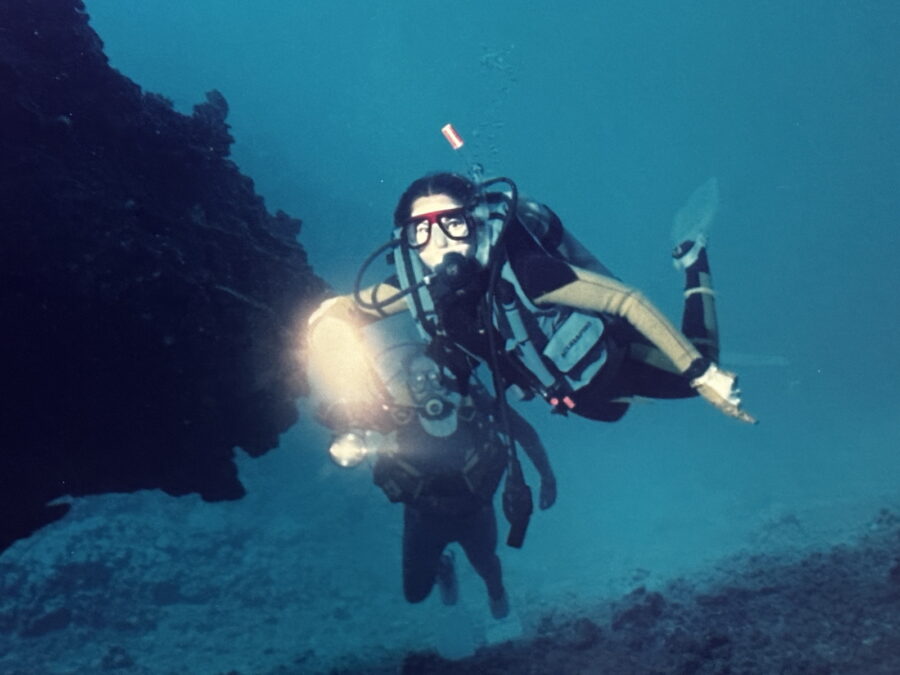
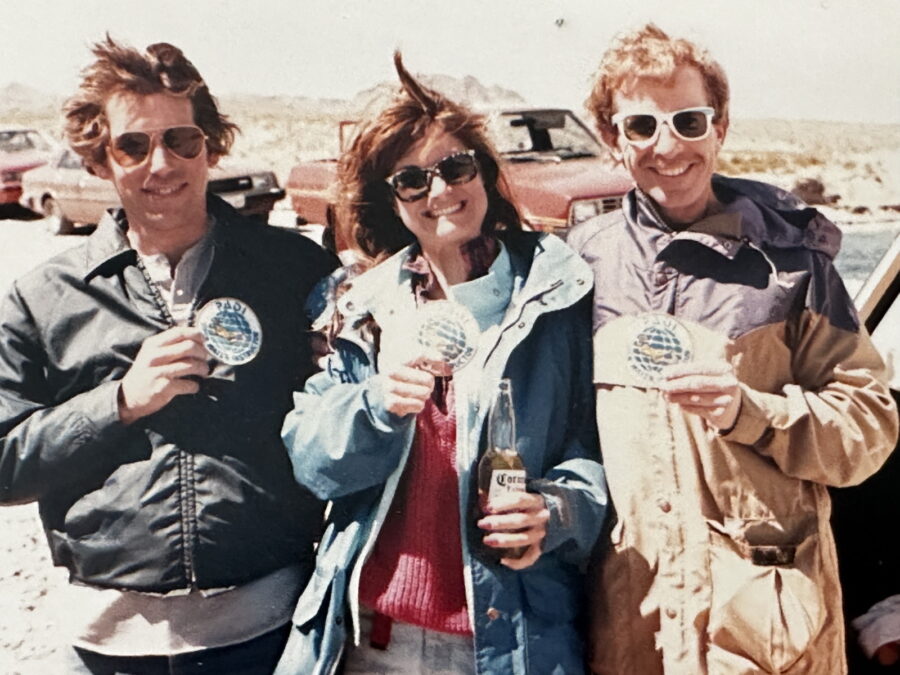
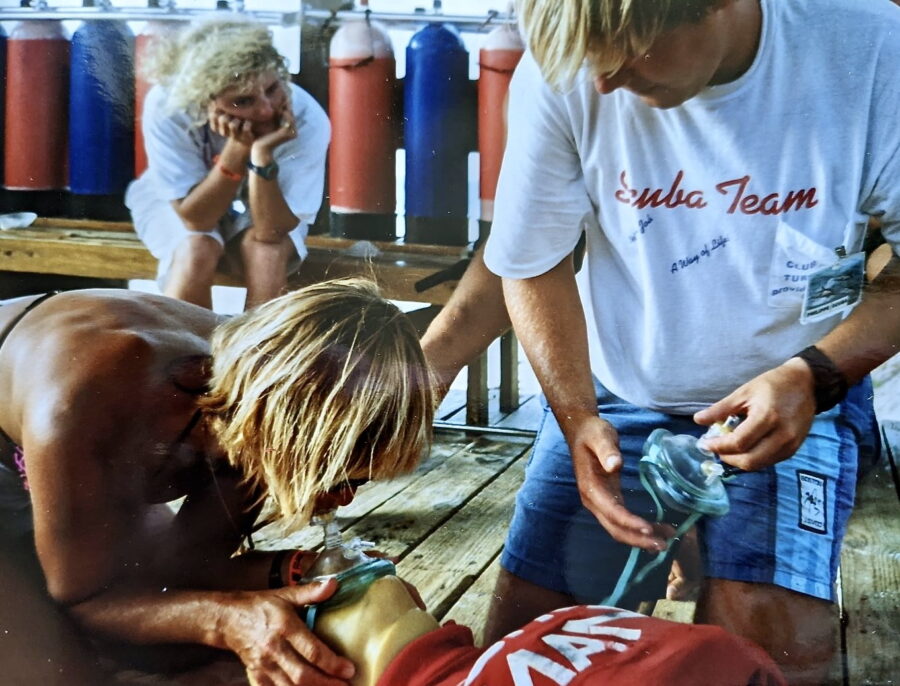
So, what now?
This year, Gross is the president of the Women Divers Hall of Fame (WDHOF), a nonprofit founded in 1999 to recognize women divers who have made outstanding contributions to the exploration, understanding, safety and enjoyment of the underwater world.
“Quickly, WDHOF’s members realized it wasn’t about us but about paying it forward with opportunity and opening doors where we might not have gotten a hand,” Gross told the Weekly.
The organization began offering scholarships in 2001. The success of the scholarship program helped WDHOF evolve: in addition to honoring legends, they also actively promote opportunities in diving through grants, scholarships, internships and mentoring. To date, WDHOF has awarded over half-a-million dollars in training and equipment scholarships to 471 individuals.
Sally Bauer, co-founder of Islamorada’s History of Diving Museum and a past WDHOF Board Member, started diving in the 1960s in Ohio. Her dive classes were run by ex-military trained divers who were demanding and harsh, she said. They’d mess with her equipment and the amount of testing she had to undergo.
Bauer added: “Like a lot of things in life, when women were breaking in, we really had to be better than to be seen as equal. This included diving, of course. And, I believe we’ve really prevailed. Just look at the list of WDHOF Members and our scholars — it’s absolutely amazing!”
Now, to celebrate WDHOF’s 25th anniversary, Gross, Bauer and their community of badass women divers are offering 25 basic and advanced training grants. These include scholarships for everything from foundational open water certifications to sea turtle conservation to hyperbaric medicine to hard hat diving.
Grants are open until the end of October. There are no geographical limitations, and WDHOF hopes to increase access to diving around the world through this grant. Furthermore, some grants are geared towards women, but others are open to any gender identification.
“Our grants and scholarships are, frankly, amazing,” Bauer said. “That people in need can write in and get funding to learn to dive? Get dive equipment? That’s amazing.”
For more information and to apply, visit: https://www.wdhof.org/scholarships/scholarship-descriptions.
